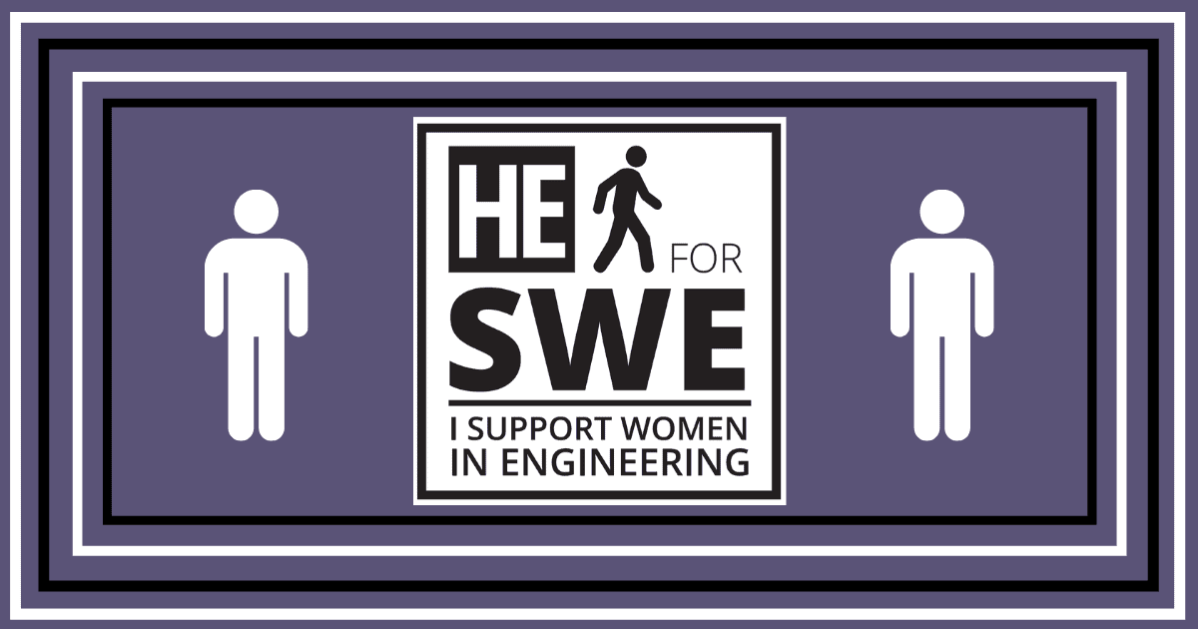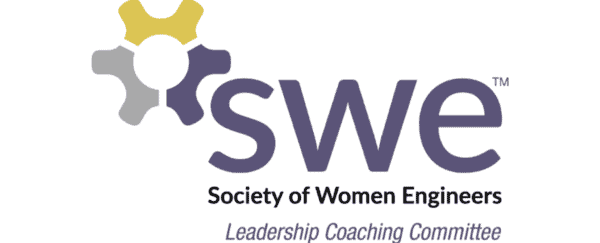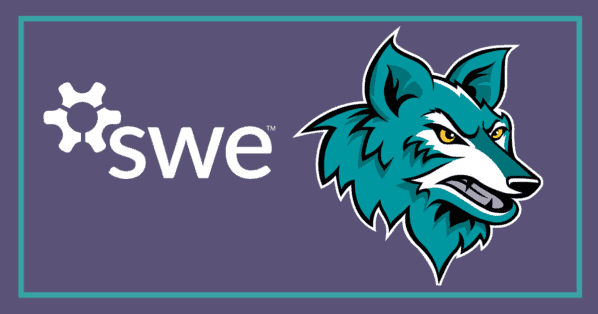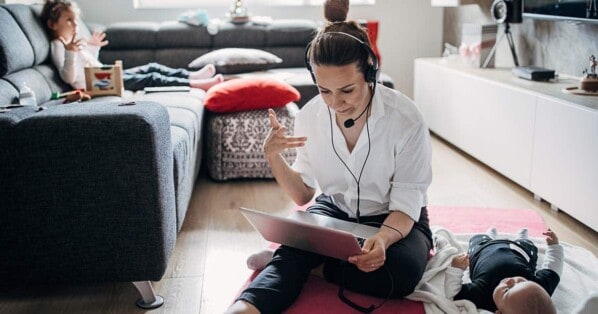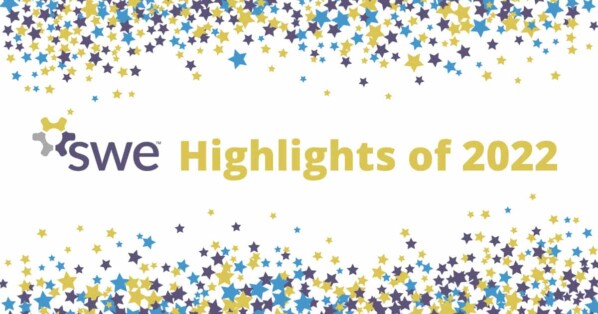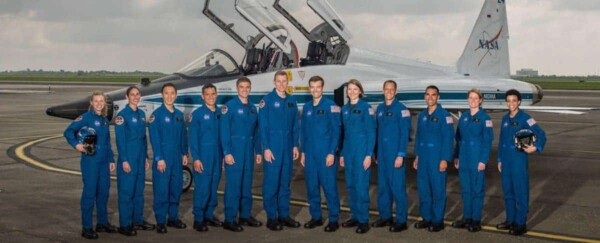Jennifer Toth
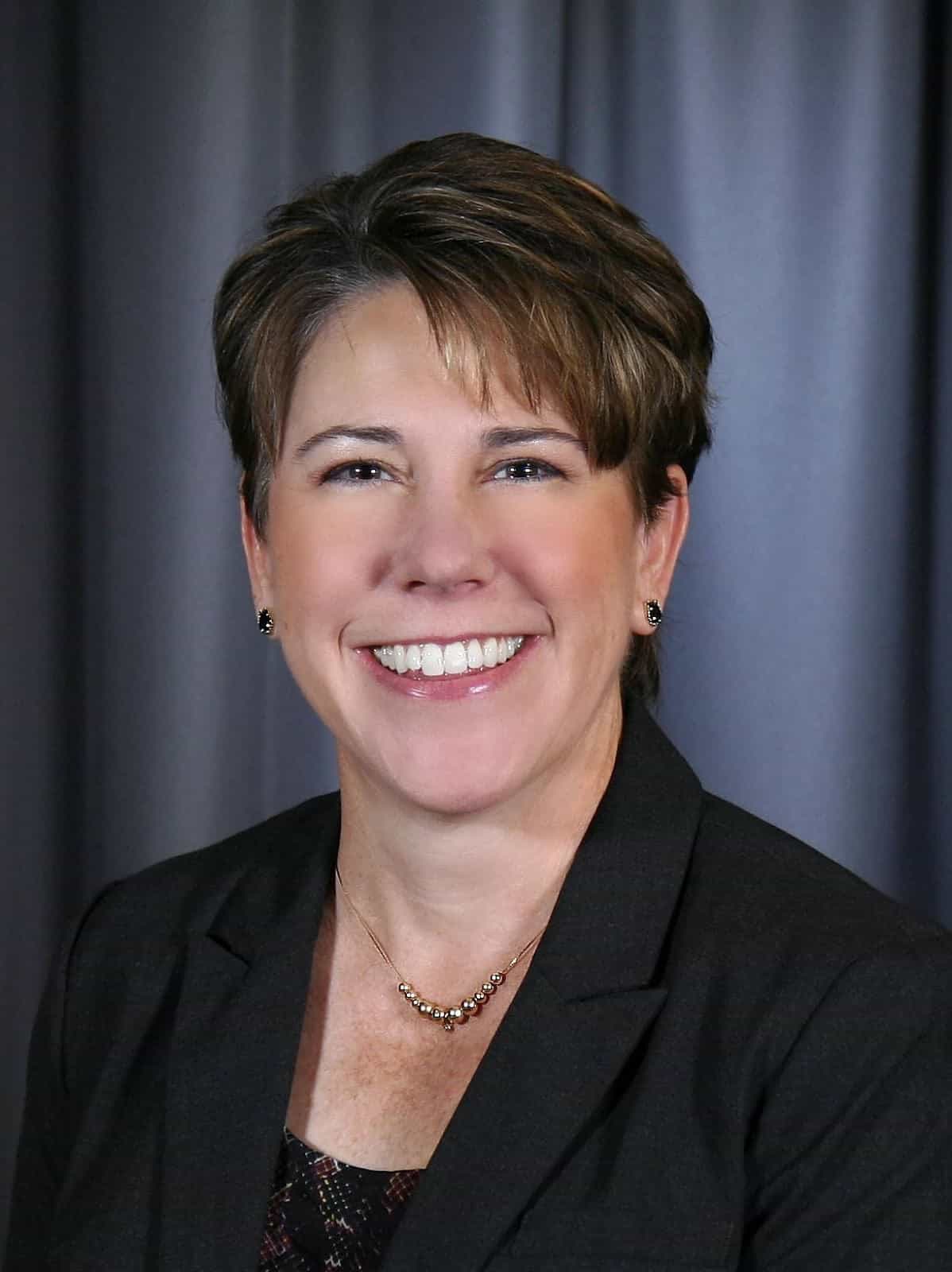 Jennifer Toth has over 25 years of experience in public works. She has spent most of her career working in the public sector. Jennifer is currently the Director for the Maricopa County Department of Transportation (MCDOT), as well as the County Engineer. Before joining MCDOT in 2014, Jennifer served as State Engineer and Deputy Director for the Arizona Department of Transportation. She has also worked in the private sector as a transportation consultant. Jennifer holds a Bachelor of Science degree in Civil Engineering from the University of Houston and a Master of Science degree in Civil Engineering from the University of New Mexico. She has a passion for public service and for working with the residents of Maricopa County to meet their transportation needs.
Jennifer Toth has over 25 years of experience in public works. She has spent most of her career working in the public sector. Jennifer is currently the Director for the Maricopa County Department of Transportation (MCDOT), as well as the County Engineer. Before joining MCDOT in 2014, Jennifer served as State Engineer and Deputy Director for the Arizona Department of Transportation. She has also worked in the private sector as a transportation consultant. Jennifer holds a Bachelor of Science degree in Civil Engineering from the University of Houston and a Master of Science degree in Civil Engineering from the University of New Mexico. She has a passion for public service and for working with the residents of Maricopa County to meet their transportation needs.
What does allyship mean to you?
To me an ally is an individual who unites themselves with another to promote a common interest where both people benefit. An ally can serve as a mentor or a voice for someone whose voice may not be heard.
In our efforts to increase diversity in STEM fields, it is important to encourage allyship with those who can amplify our message and help us educate others. We need those who have a firm standing in our professions to understand the benefits of diversity, such as diversity of thought, and advocate with us to achieve our goals.
How has a male ally, mentor or sponsor impacted your career?
Early in my career, I led a project in partnership with Mohave County, Arizona. I quickly recognized the leadership skills in the County Engineer and thought – this is someone I want to learn from. He eventually joined the Arizona Department of Transportation and I was incredibly fortunate to work for him. During that time, he provided me thoughtful guidance and has continued to be a mentor to me throughout my career.
My husband is also an engineer and one of my biggest supporters. He understands the industry and has been a sounding wall for me during difficult times. His strong confidence in me gives me strength when I doubt myself or my handling of the challenges I face. We also have three daughters and I am so thankful that they have seen how proud he is of my accomplishments as a woman in this industry.
What advice would you recommend to your male counterparts or team members on how to be an ally and support the inclusion of women in engineering fields?
Be a partner and collaborator. Take steps to grow so you can encourage your children/daughters to follow in your footsteps. I encourage you to embrace every opportunity that is presented to you to guide women and young ladies to embrace STEM studies and careers.
How do you cultivate conversations in the professional environment about diversity and inclusion?
Creating a culture to seek feedback and continuously improve is key. Employees need to know they are being heard before they will be comfortable to freely voice their feelings, opinions and concerns. Focus on the collaboration and partnerships that will create opportunities for all.
If you embrace three things: 1) pursue different experiences, 2) develop mentoring relationships and 3) challenge yourself, then you will naturally create diversity.
Nehemiah Mabry
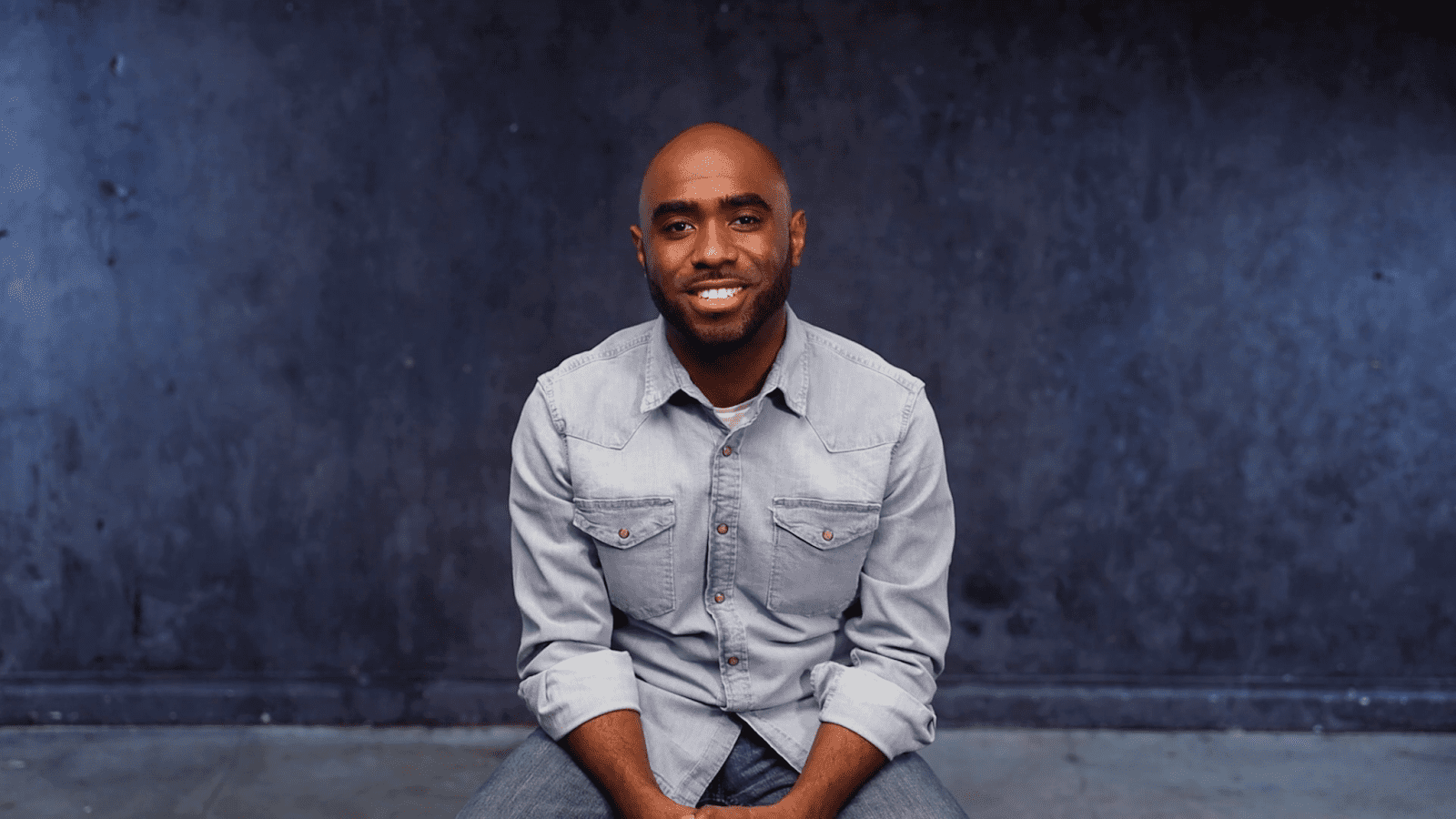
Dr. Nehemiah “Dr. Nee” Mabry, P.E. is an Engineer, Educator and Entrepreneur based in Raleigh, North Carolina. His 15+ years of technical experience began as a NASA Researcher in Huntsville, Alabama, then as Bridge Design Engineer and Adjunct Professor in North Carolina. Dr. Mabry is Founder and CEO of STEMedia Incorporated, which he started as a PhD student in 2012. STEMedia is a digital media company and edtech platform for diverse workforce development in the Science, Technology, Engineering, and Math (STEM) community. Since its inception, they have won international awards, engaged thousands through lectures and presentations, and partnered with several corporations and higher ed institutions.
What does allyship mean to you?
Allyship means practicing empathy and having the courage to act on it. First, I say “practicing” to suggest that we may not naturally have the ability to understand and share the feelings of another. In my case, despite the most important people in my life being women, I must be intentional to learn and better see things through their perspective in life – and that matters to me.
After this, allyship requires me to speak up and take action to change things that are unjust and inequitable to them. While certain situations may not be affecting me, I cannot not remain indifferent if someone I consider myself an ally to is affected.
What has driven & inspired you to want to advocate and support and become vocal advocates for women and other minorities in the STEM field?
I know how it feels to be dismissed and marginalized. While I do not pretend my experience is the same as a woman in my position, I know that we all benefit from having more of their involvement in spaces and places of underestimation. It is a crime to the advancement of humanity to stifle the brilliance of women in STEMed and beyond.
How do you engage other men to become advocates, recognize and want to support these initiatives?
It starts with my personal relationships. I have many conversations with friends and family, who are men, about the important and rightful role women play in our lives and in society; and how we are to respect and advocate for this contribution. From there, my partners and I in business hold each other accountable to make sure the voices and representation of women is always accounted for.
Being sure to highlight women in STEM is a major objective for STEMedia as well. Whether it is past women in STEM projects and programs, or regular posts that celebrate the many wins and contributions women make in technical fields everyday. I believe leadership should include leading by example.
How do you cultivate conversations in the professional environment about diversity and inclusion?
The mission of my company is to Elevate and Empower underrepresented STEM Success. As we have grown as a media production business to now an EdTech platform, it has always been a high priority to increase inclusivity in STEM by presenting diverse experts in various subject matters. Not only should participation be broadened in the learning and working, but in the knowledge sharing and creating. Our courses, webinars, workshops, films and events have and will continue to be a place to cultivate diversity, equity and inclusion (DEI) in the professional environment.
Mathew Picardal
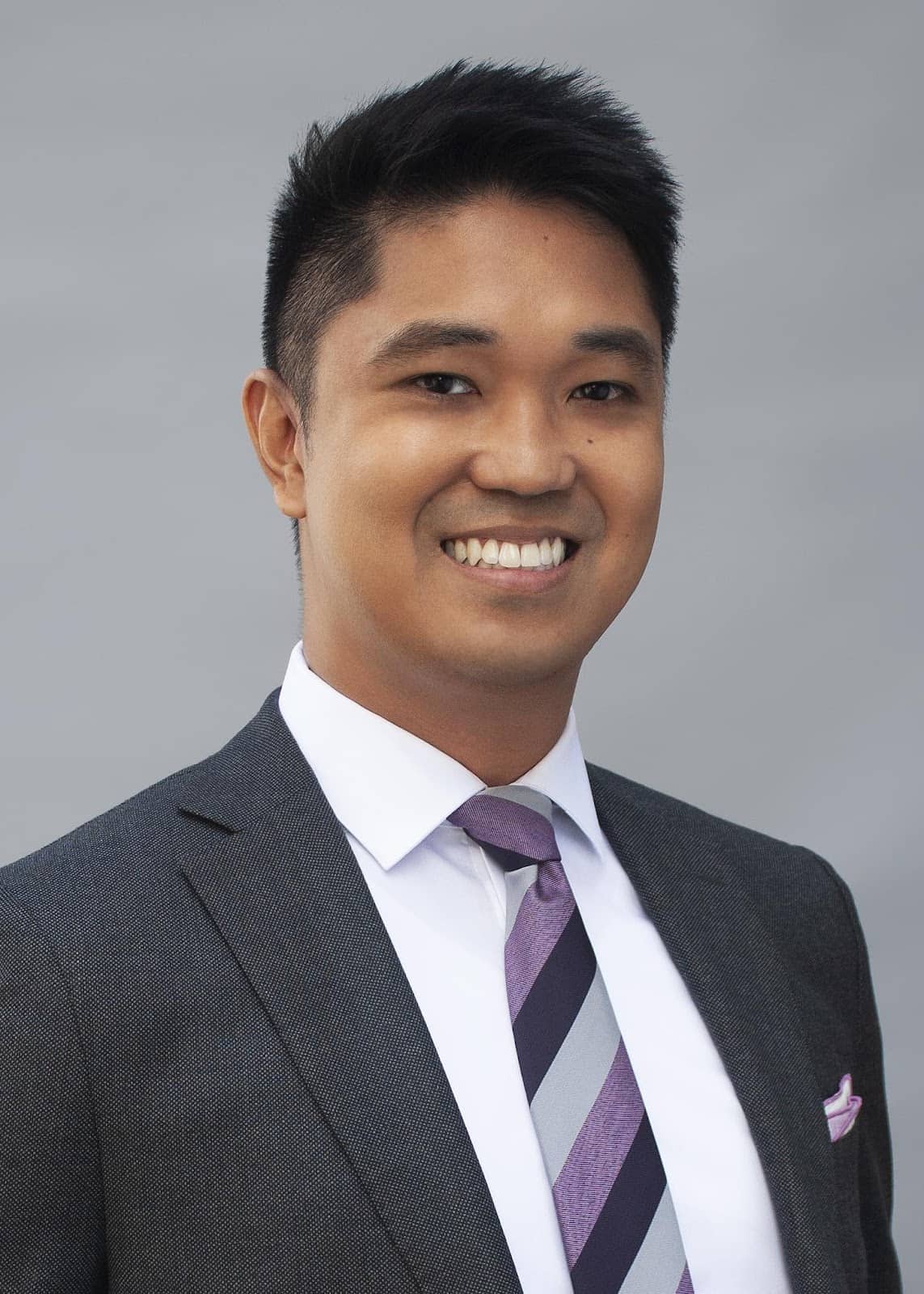
Mathew was born in the Philippines and came to the U.S. when he was very young. He grew up in the Los Angeles area in California. Mathew became interested in structural engineering as a kid when he would watch engineering shows on the Discovery Channel. He was inspired by how engineers solved real-world problems and created amazing structures that people could enjoy. He received my Bachelor’s degree in Civil Engineering at Cal Poly Pomona and his Master’s degree in Structural Engineering at UC San Diego. Mathew started my structural engineering career at DCI Engineers where he is currently a project manager.
What does allyship mean to you?
I view allyship as a learning process where we ultimately build relationships with and support underrepresented groups of people. It’s not only an opportunity to learn about ourselves and any implicit biases and prejudices that we may have, but to also learn, listen, and empathize with the inequalities and microaggressions that groups of people face in their daily lives.
What has driven & inspired you to want to advocate and support and become vocal advocates for women and other minorities in the STEM field?
Many of my engineering mentors as well as the engineers that inspired me throughout my career were women and/or minorities. Seeing someone in a leadership position that looks like you or has faced similar challenges as you can be very encouraging. “If they can do it, I can do it.”
A diverse engineering workforce is essential as engineering does not serve just one group of similar people; it serves a diverse group. Having leadership and engineers with different backgrounds and experiences is one of the best ways to serve these communities.
How do you engage other men to become advocates, recognize and want to support these initiatives?
I encourage them to try and sponsor or mentor someone from an underrepresented group, whether it’s at work or a professional organization. Joining a diversity and inclusion group, or attending events related to the topic can help as well. I’ve found that many times, we’re just not aware of our own biases until we try to learn about them and to actively listen and empathize with those who have experienced inequalities.
How do you cultivate conversations in the professional environment about diversity and inclusion?
Bringing diverse ideas to the table or asking if an activity might exclude anybody is a way to subtly have colleagues think about and have conversations about diversity and inclusion. For example, a happy hour at a bar may be one way a group of people celebrate, but what about the individuals that don’t drink? When ordering food, what about the individuals who have dietary restrictions? Do some individuals have religious or cultural practices that day, such as fasting? Will they feel excluded? Asking yourself and your team these types of questions during hiring, promotion, and when assigning projects can also help cultivate these conversations.
For an additional perspective on what it means to be an ally, check out this article by Anthony Gold: What Does It Mean to be a Male Ally?
Author
-

SWE Blog provides up-to-date information and news about the Society and how our members are making a difference every day. You’ll find stories about SWE members, engineering, technology, and other STEM-related topics.

